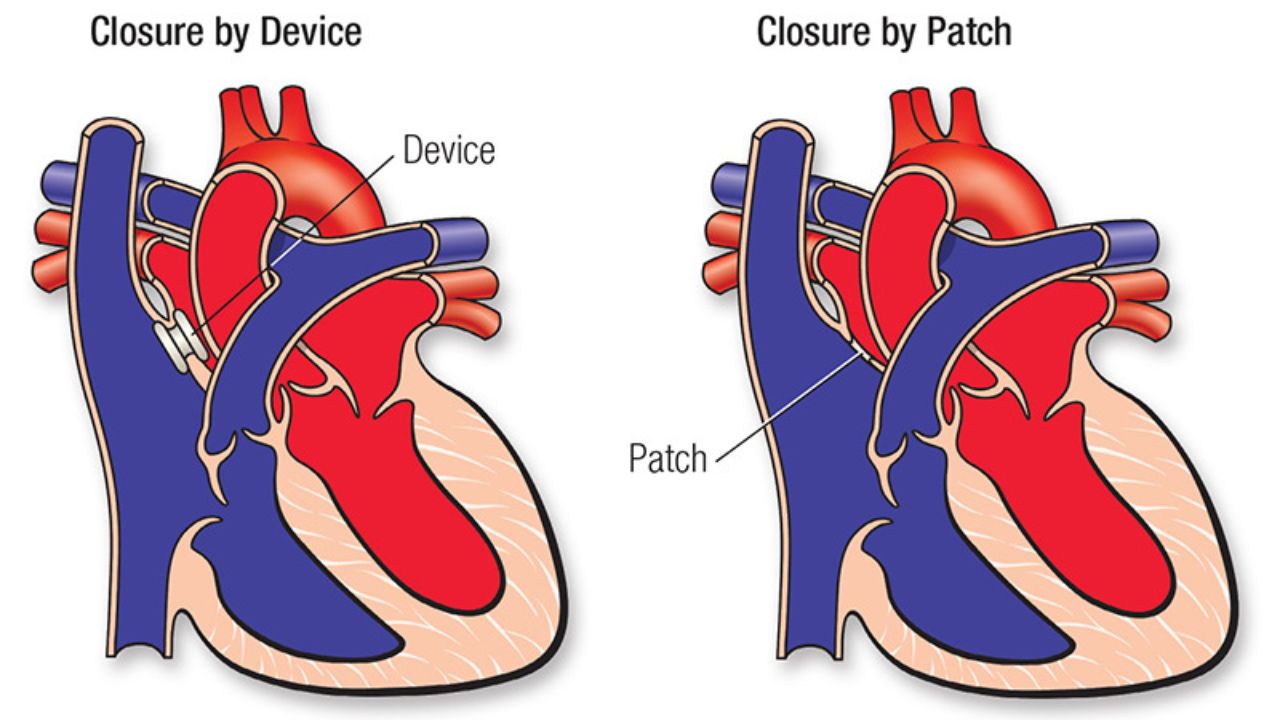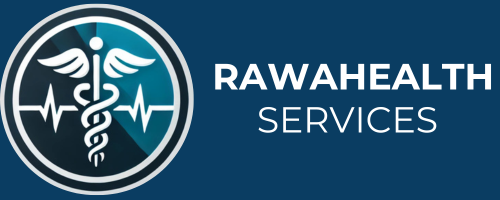
Asd Atrial Septal Defect Closure In India
What is ASD Closure?
Atrial Septal Defect (ASD) closure is a medical procedure that repairs a hole in the septum, the wall between the heart’s upper chambers. This hole allows oxygen-rich blood to mix with oxygen-poor blood, potentially leading to complications like heart failure, stroke, or pulmonary hypertension. Doctors usually recommend ASD closure for children, but adults with larger or symptomatic defects may also need it.
How is the Procedure Performed?
Doctors can perform ASD closure either surgically or through a catheter-based technique. In the catheter-based method, a pediatric cardiologist inserts a catheter through a vein to the heart, where they place a specialized device, like an Amplatzer or Gore, to seal the hole. This less invasive approach is ideal for smaller defects and allows for quicker recovery. However, larger defects or those unsuitable for catheterization require open-heart surgery. In this case, the surgeon directly accesses the heart and places a patch, either from the patient’s tissue or synthetic material, over the defect.
Who is Eligible for ASD Closure?
ASD closure is most suitable for patients, especially children, with significant defects that cause symptoms or increase the risk of complications. Pediatric cardiac surgeons and neonatologists are the specialists who perform this procedure. The success rate typically ranges from 70% to 86%, depending on factors like the size and location of the defect, as well as the patient’s overall health.
Cost and Influencing Factors
For international patients, the cost of ASD closure ranges between USD 4410 and USD 5390. The overall cost depends on several factors, including the type of hospital, the patient’s diagnosis, and the facilities chosen. Other cost factors include preoperative tests, such as blood tests, chest X-rays, and echocardiograms, the type of cardiac implant, postoperative care, medications, and the duration of the hospital stay. Patients typically spend four days in the hospital and require ten days for recovery.
Risks and Considerations
Although ASD closure is generally safe, it carries potential risks like infection, bleeding, and complications such as irregular heart rhythms. Choosing a well-equipped hospital and an experienced medical team can help minimize these risks and improve the chances of a successful outcome.




